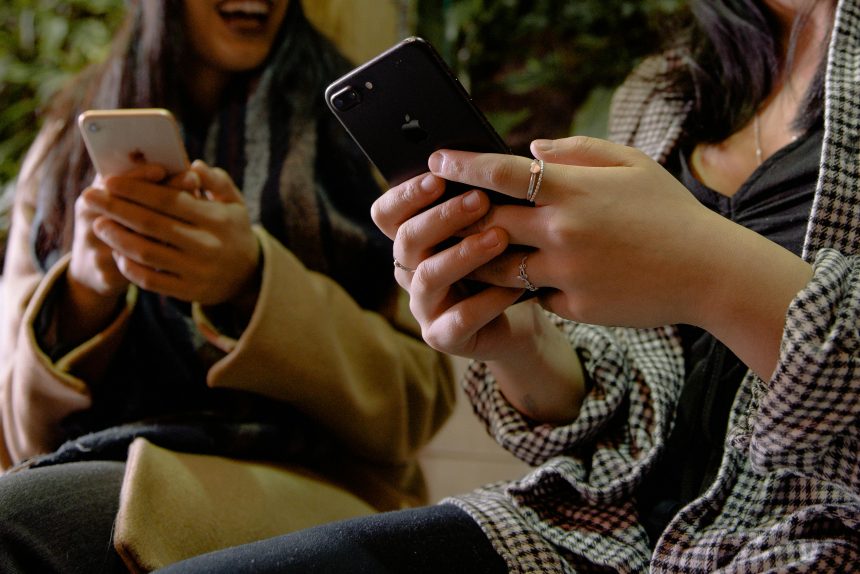A Digital Generation Reconsiders Its Habits
For a generation that grew up with smartphones in hand, Gen Z is leading a surprising new movement: cutting back. Across campuses, group chats, and social media platforms, young people are challenging themselves to limit screen time — often to just two hours a day. What once seemed unthinkable is becoming a badge of honor, as digital natives seek a healthier relationship with technology.
From Hyperconnected to Mindful
Gen Z has never known a world without constant connection. But after years of endless scrolling, many are questioning whether being “always on” is worth the anxiety, distraction, and burnout it brings. Limiting phone use is less about rejecting technology and more about regaining control over attention, time, and mental well-being.
The Two-Hour Challenge
The concept is simple: cap daily smartphone use — often excluding calls and navigation — at two hours. Apps like Screen Time and Digital Wellbeing make it easy to track usage, while community challenges on TikTok and Reddit provide motivation and accountability. The goal isn’t perfection, but awareness: knowing where your time goes and choosing how you want to spend it.
Why It’s Gaining Momentum
Several factors are fueling this shift. Concerns about mental health, attention spans, and online addiction are widespread among young people. Many Gen Zers report feeling more anxious, distracted, or lonely after long scrolling sessions. Cutting screen time helps them feel calmer, more focused, and more present in real life — benefits that resonate deeply in a hyper-digital era.
A New Status Symbol
Ironically, in a generation known for being glued to screens, not being online has become a subtle form of status. Posting about low screen time or sharing “digital detox” experiences signals discipline and self-awareness. Just as silence has become a new luxury, offline time is now seen as a sign of balance and intentional living.
Challenges and Trade-Offs
Of course, limiting smartphone use isn’t easy. Social lives, studies, entertainment, and even work often revolve around screens. Many participants admit to “relapsing” or stretching the limit during busy weeks. But even imperfect attempts bring awareness — and often lead to better digital habits over time.
What This Means for the Future
If Gen Z, the most online generation yet, is questioning how much screen time is too much, it signals a broader cultural shift ahead. Tech companies may face increasing pressure to design less addictive interfaces, and future social norms might value balance over constant engagement.
Final Thought
The two-hour smartphone challenge isn’t about abandoning technology — it’s about using it more intentionally. As Gen Z leads this quiet rebellion against endless scrolling, they’re proving that real connection, focus, and well-being might just start with putting the phone down.











